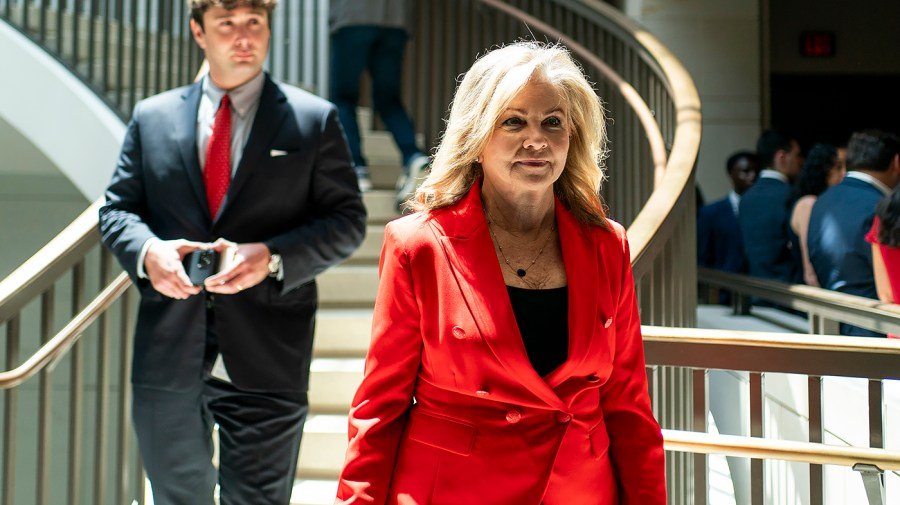Blackburn, who has long advocated for the Kids Online Safety Act (KOSA), is doubling down on her calls to get the legislation across the finish line in the wake of recent revelations that Meta deemed “sensual” chatbot conversations acceptable for children.
KOSA, which the Tennessee Republican reintroduced earlier this year, seeks to regulate the features tech companies can offer kids online and reduce the addictive nature and mental health impacts of their platforms.
“We’ve been on this for five years, trying to get this passed, so that Big Tech has the responsibility to put the safety and well-being of children ahead of profits,” Blackburn said on the latest episode of her podcast “Unmuted with Marsha,” shared first with The Hill.
Meta, the parent company of Facebook and Instagram, came under fire last month, after Reuters reported that an internal policy document featured examples suggesting its chatbots could engage in “conversations that are romantic or sensual” with children.
The revelations drew backlash from both sides of the aisle. Meta said it was an error and that it had removed the offending language.
The company later told TechCrunch it was updating its policies to restrict teenage users from discussing self-harm, suicide, disordered eating or potentially inappropriate romantic conversations with chatbots.
“Meta is using our children as a product,” Blackburn said. “They’re making money off of them. They are selling their information. So, if you have a child or a grandchild, when they are online, they are the product.”
Brian Montgomery, whose son took his life after being a victim of sextortion on Instagram and has since become an advocate for kids’ safety legislation, argued they are not asking for “anything unreasonable” from tech firms.
“We’re not asking for tech to be parents. We’re not asking them to do anything unreasonable,” he told Blackburn on Thursday’s podcast.
“We’re saying, ‘We need you to take a reasonable approach to keeping kids safe and making sure their product is safe. And we know it’s not safe.’”
Other AI chatbots have recently come under fire as well. The family of a 16-year-old boy sued OpenAI last month, alleging that ChatGPT encouraged him to take his life.
OpenAI announced Tuesday that it was adjusting how it models respond to users in crisis and strengthening its protections for teens.
